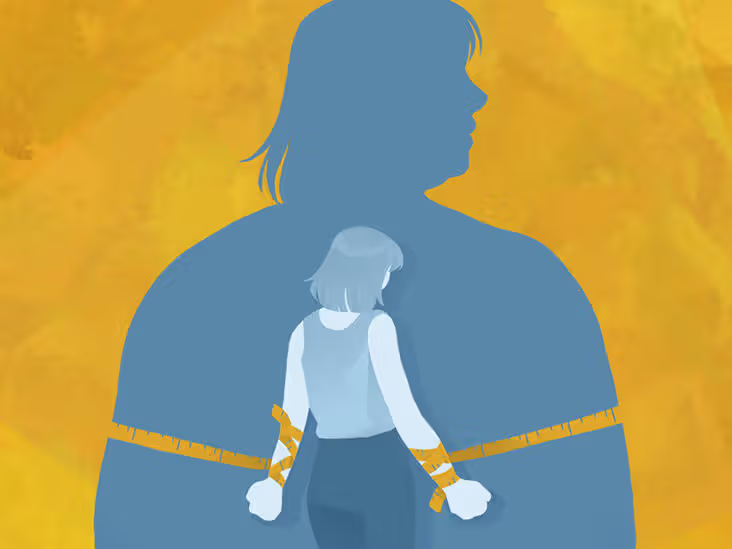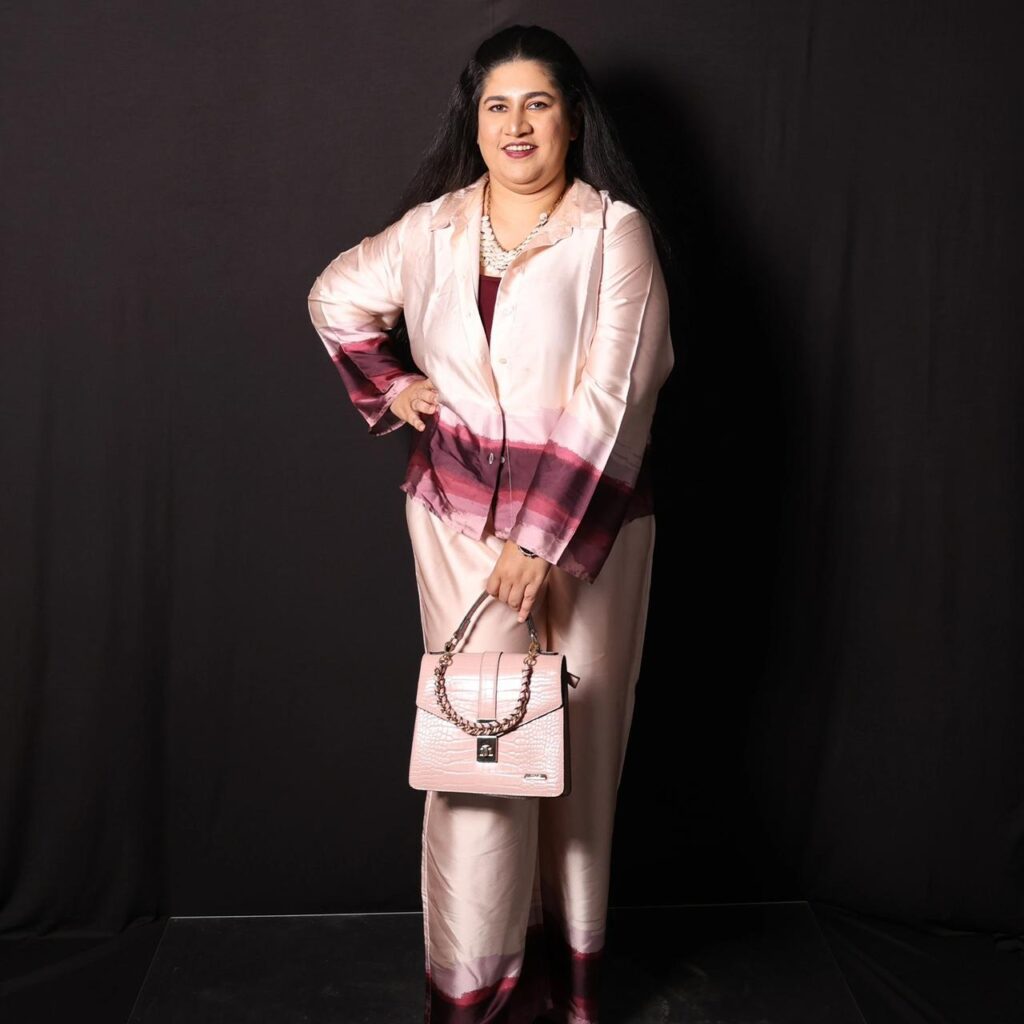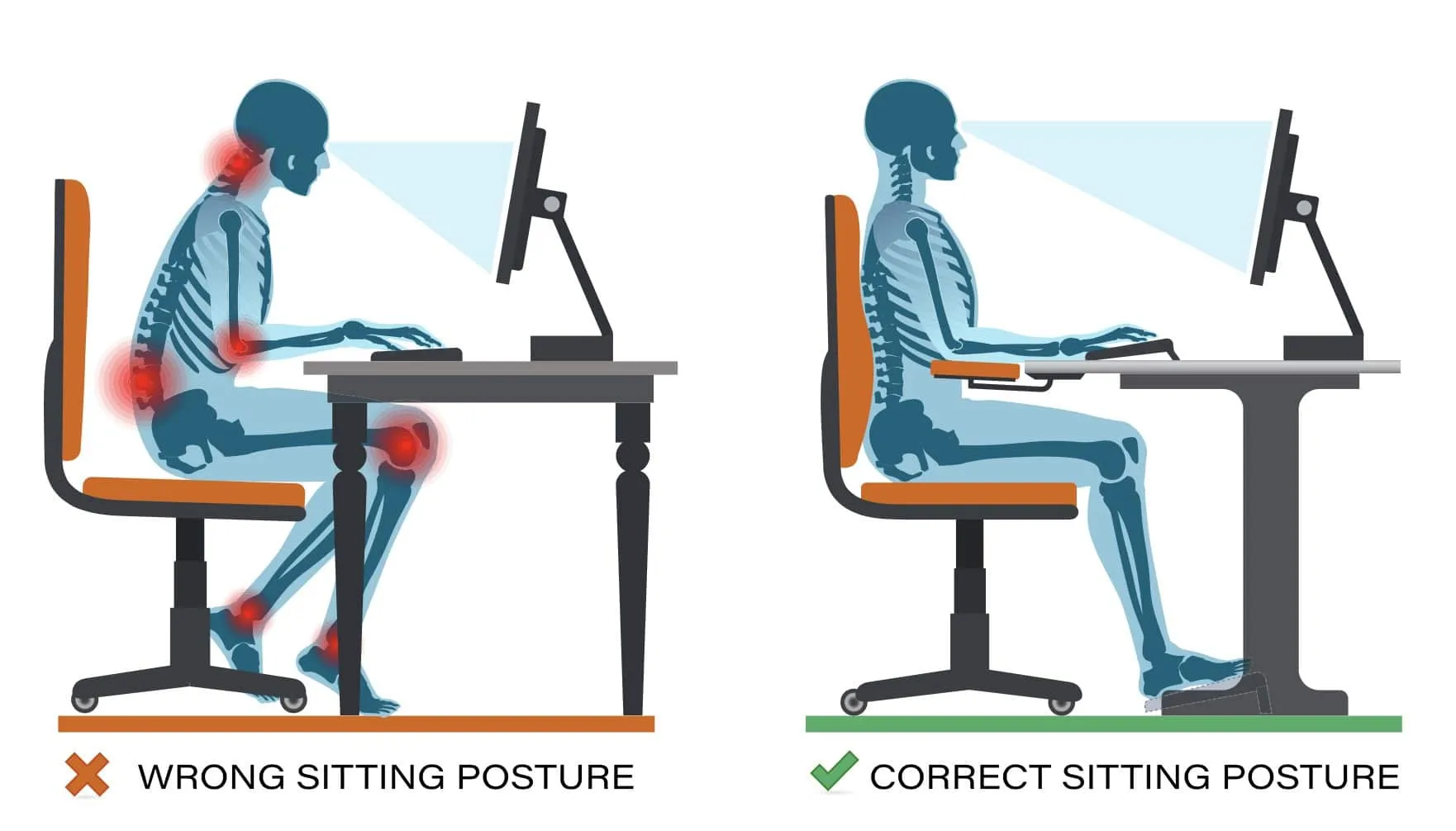Now Reading: The Emotional Toll of Weight Gain No One Talks About
-
01
The Emotional Toll of Weight Gain No One Talks About
The Emotional Toll of Weight Gain No One Talks About

Weight gain is often discussed in terms of health, diet, or appearance, but what rarely gets attention is the emotional impact it carries. For many people in India, especially in tier 2 cities where body image conversations are still sensitive, the struggle goes beyond physical changes. It affects confidence, social interactions, and even mental health, leaving individuals to silently cope with judgment and self-doubt.
The pressure usually starts at home. Relatives and friends often make casual comments about appearance without realizing the emotional damage it causes. In workplaces too, weight gain can lead to subtle bias, making individuals feel excluded or undervalued. For students and young adults, social media comparisons only intensify the stress, creating a constant cycle of negative self-image.
Beyond social pressure, there is an internal battle. People often blame themselves for not exercising enough or not following diets strictly. This self-criticism leads to guilt, which can further fuel unhealthy habits like emotional eating. The result is a loop where weight gain is not just a physical concern but a trigger for anxiety, stress, and even depression.
Cultural expectations also play a role. In Indian households, food is central to social life, and saying no is often considered disrespectful. For those trying to manage weight, balancing social obligations with personal goals becomes mentally exhausting. The lack of open conversations about body positivity in smaller cities means people often suffer in silence.
What can help is changing the narrative. Instead of focusing only on size or appearance, the conversation needs to shift towards health, strength, and well-being. Families and communities must learn to support rather than shame. On an individual level, small steps like practicing self-compassion, seeking professional guidance, and engaging in activities that build confidence outside of looks can reduce the emotional burden.
Weight gain is more than a number on a scale; it is tied deeply to how people feel about themselves and how society perceives them. Recognizing this emotional side is the first step toward building a healthier and kinder environment where people can focus on overall well-being without fear of judgment.

























